Rugby World Cup: why England stars need a code of conduct
Stuart Lancaster's 24-point plan for World Cup stars shows how much rugby has changed since the days of downing aftershave
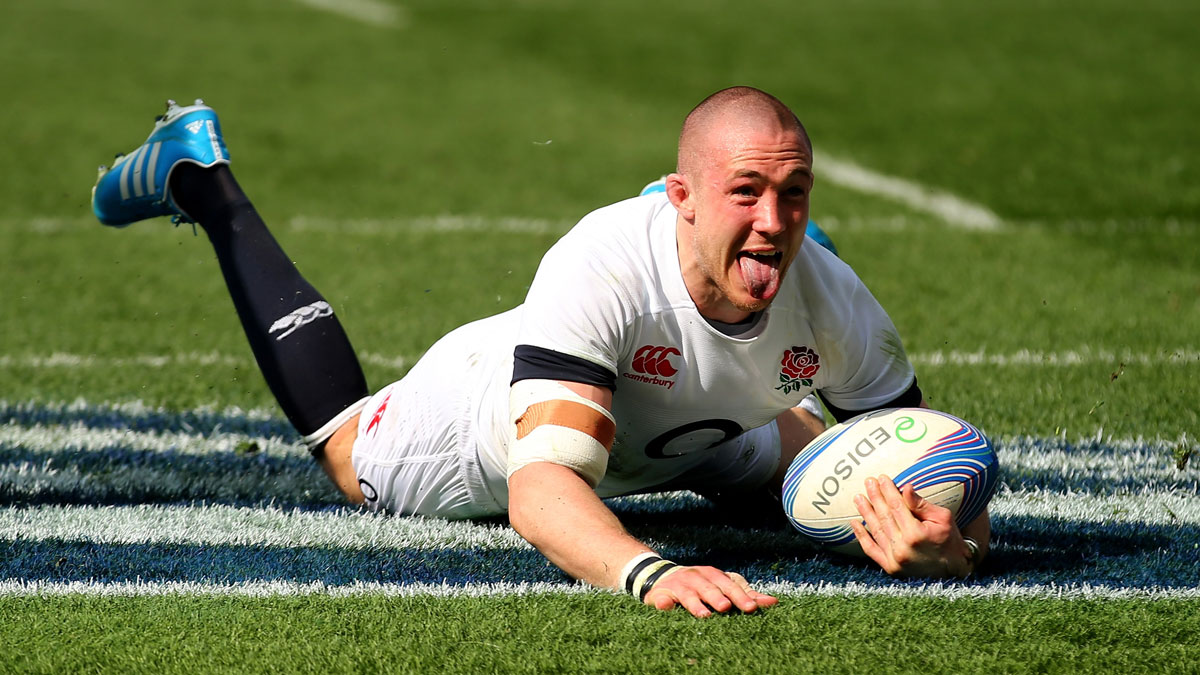
A free daily email with the biggest news stories of the day – and the best features from TheWeek.com
You are now subscribed
Your newsletter sign-up was successful
Before he became coach of the England rugby team, Stuart Lancaster was a schoolteacher. Judging by the guidelines he issued to his players last week part of him remains in the classroom.
Lancaster has issued a 24-point plan to avoiding potential pitfalls during next month's World Cup, outlined in the Daily Telegraph, and it offers a fascinating insight into what is expected of the modern England rugby international.
There was a time when rugby union – even at the highest level – tolerated and even celebrated raucous behaviour. In 1982 the England front row forward, Colin Smart, underwent a stomach pump after downing a bottle of aftershave to celebrate victory over the French. Six years later another English forward, Dean Richards, took rugby's oldest trophy, the Calcutta Cup, on a drunken kickabout through the streets of Edinburgh on a Saturday night with John Jeffrey, a Scottish adversary.
The Week
Escape your echo chamber. Get the facts behind the news, plus analysis from multiple perspectives.

Sign up for The Week's Free Newsletters
From our morning news briefing to a weekly Good News Newsletter, get the best of The Week delivered directly to your inbox.
From our morning news briefing to a weekly Good News Newsletter, get the best of The Week delivered directly to your inbox.
The general reaction among the press and the public was one of indulgence rather than indignation. Bad behaviour was routinely regarded as 'high jinks' or 'letting off steam', and no one got too flustered because the sport was amateur and the players unpaid. It was considered churlish to criticise players who sacrificed so much time and money in order to play for their country.
But that attitude started to change when rugby union turned professional in 1995, and 20 years later the top players are expected to act like the well-paid professionals they are – and if they don't, there's social media to hector them into line.
Imagine today if two rugby internationals took a piece of silverware on a drunken tour of Edinburgh's pubs a few hours after a Six Nations match. Within minutes twitter would be awash with photos, comments and criticism.
It was bad enough four years ago when England turned themselves into the sport's laughing stock during the World Cup in New Zealand. If they weren't tossing dwarves, they were snogging mysterious blondes, embarrassing hotel staff and jumping off ferries. Factor into that list of licentious behaviour their appalling on-field performances and one understands better why Lancaster has decided to take pre-emptive action.
A free daily email with the biggest news stories of the day – and the best features from TheWeek.com
This is a World Cup on English soil and the tabloids will be on the prowl for the slightest sniff of a story that will allow them to crack puns about 'hookers' and 'big tackles'.
The problems that provided what the Daily Telegraph calls a "toxic backdrop" to the 2011 campaign do not appear to have gone away. Manu Tuilagi has already been axed from the squad for a drunken incident that ended with a criminal conviction for assaulting two female police officers and a taxi driver. Another player, Danny Cipriani, was arrested for drink driving in May, and Lancaster can be forgiven for ordering his charges: "Do not post pictures of drinking, smoking, nudity or while driving – that is illegal."
That's just one of the 24 gems in Lancaster's guidelines. A generation ago the England squad contained surgeons, pilot officers, police inspectors, army officers and solicitors, rounded individuals overflowing with initiative and common sense. Paradoxically, the introducion of professionalism has stripped many modern players of such traits, leaving them as pampered and one-dimensional as their footballing counterpart. Most of the current England squad have gone straight from school into professional rugby and a strictly-controlled environment where others do the thinking for them.
Hence the reason their coach has reminded them in his guidelines that, when it comes to Facebook and Twitter, "do not post when you are in a bad mood or immediately after a tough loss." In the unfortunate event that they do post something unsavoury, Lancaster reminds his players "it can always be tracked back to you. Even if you delete it."
Similarly the England players are instructed not to "use abusive, indecent or insulting words... this includes any inappropriate reference to ethnic origin, colour, race, nationality, faith or religion, gender, sexual orientation or disability."
On the other hand, advises the coach, "share photos when the team takes part in community projects and any other interesting insights into your life as a professional rugby player, but be mindful of private team areas which should not be shown to the public."
Lancaster has been mocked in some quarters for issuing a set of guiding that could have been issued by the 'Department of the Bleedin Obvious'. But the England coach is in a no-win situation. During the 2011 World Cup his predecessor, Martin Johnson, was asked for his reaction to the latest alcohol-fuelled escapade involving his boys.
"Rugby player drinks beer. Shocker," he replied with a flippancy that didn't sit well with the press. "His lofty five-word verdict... would have worked in certain circumstances," said the The Guardian. "But, lest we forget, this is a World Cup. For the Red Rose management, as a result, these are suddenly defining days."
Lancaster knows it, and so now do his players.
-
 The Olympic timekeepers keeping the Games on track
The Olympic timekeepers keeping the Games on trackUnder the Radar Swiss watchmaking giant Omega has been at the finish line of every Olympic Games for nearly 100 years
-
 Will increasing tensions with Iran boil over into war?
Will increasing tensions with Iran boil over into war?Today’s Big Question President Donald Trump has recently been threatening the country
-
 Corruption: The spy sheikh and the president
Corruption: The spy sheikh and the presidentFeature Trump is at the center of another scandal
-
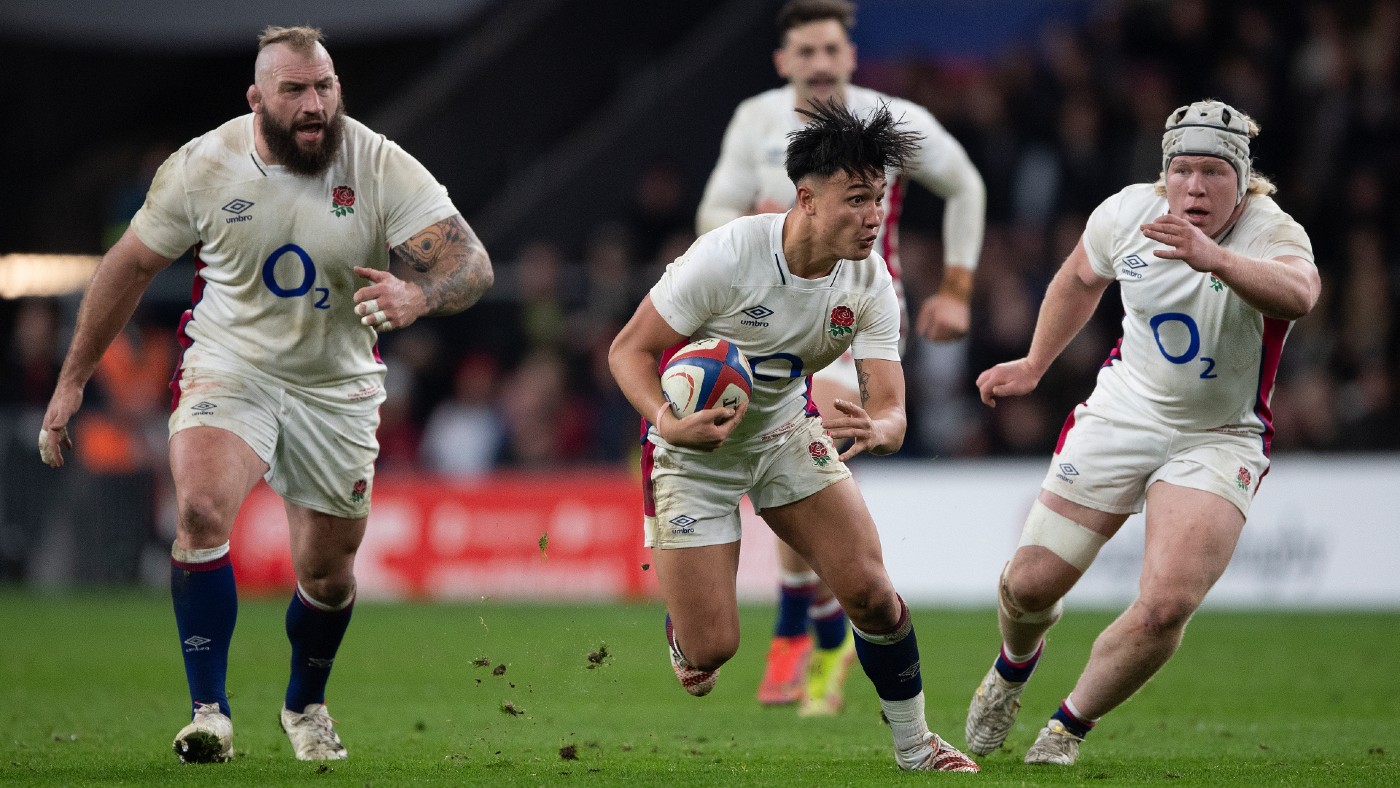 Rejuvenated England show spirit, unity and ‘never-say-die courage’
Rejuvenated England show spirit, unity and ‘never-say-die courage’feature Eddie Jones’s new-look side complete autumn Test clean sweep by toppling South Africa
-
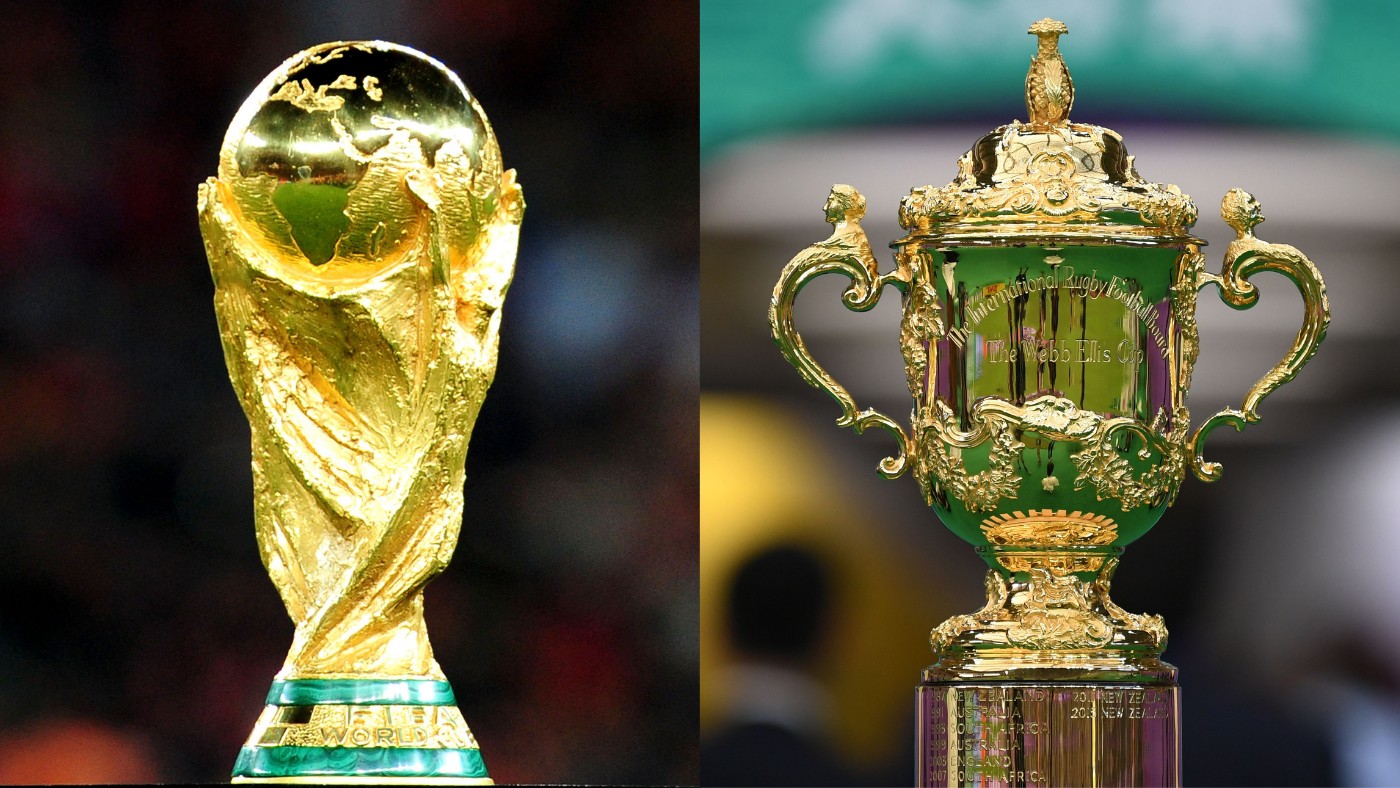 A World Cup every two years - for football and rugby union?
A World Cup every two years - for football and rugby union?Pros and Cons Governing bodies of both sports are discussing the option of biennial tournaments
-
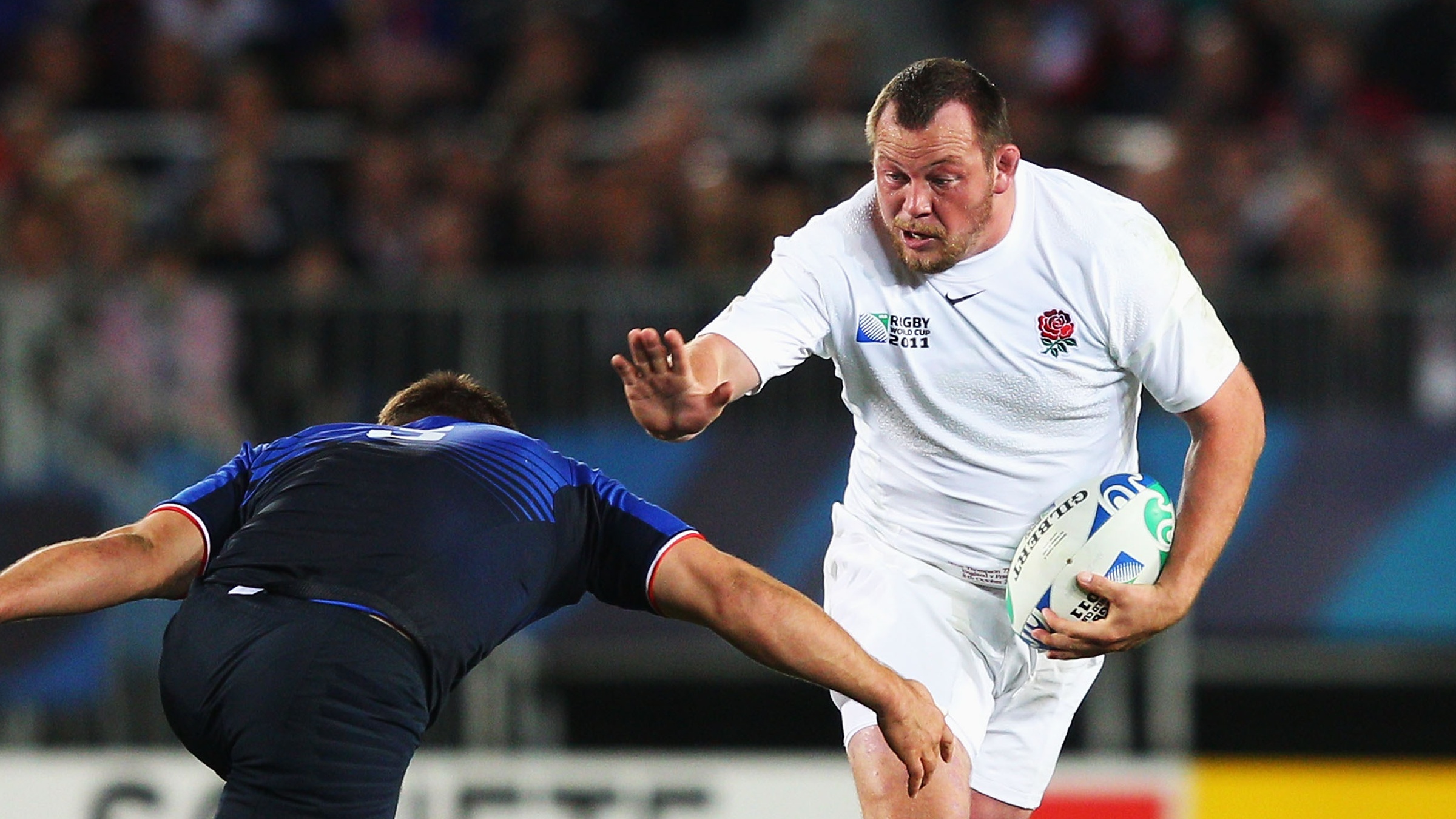 Rugby union lawsuits: impact could be ‘astronomical’ for governing bodies
Rugby union lawsuits: impact could be ‘astronomical’ for governing bodiesSpeed Read RPA says training protocols ‘need addressing very quickly’ over head injuries
-
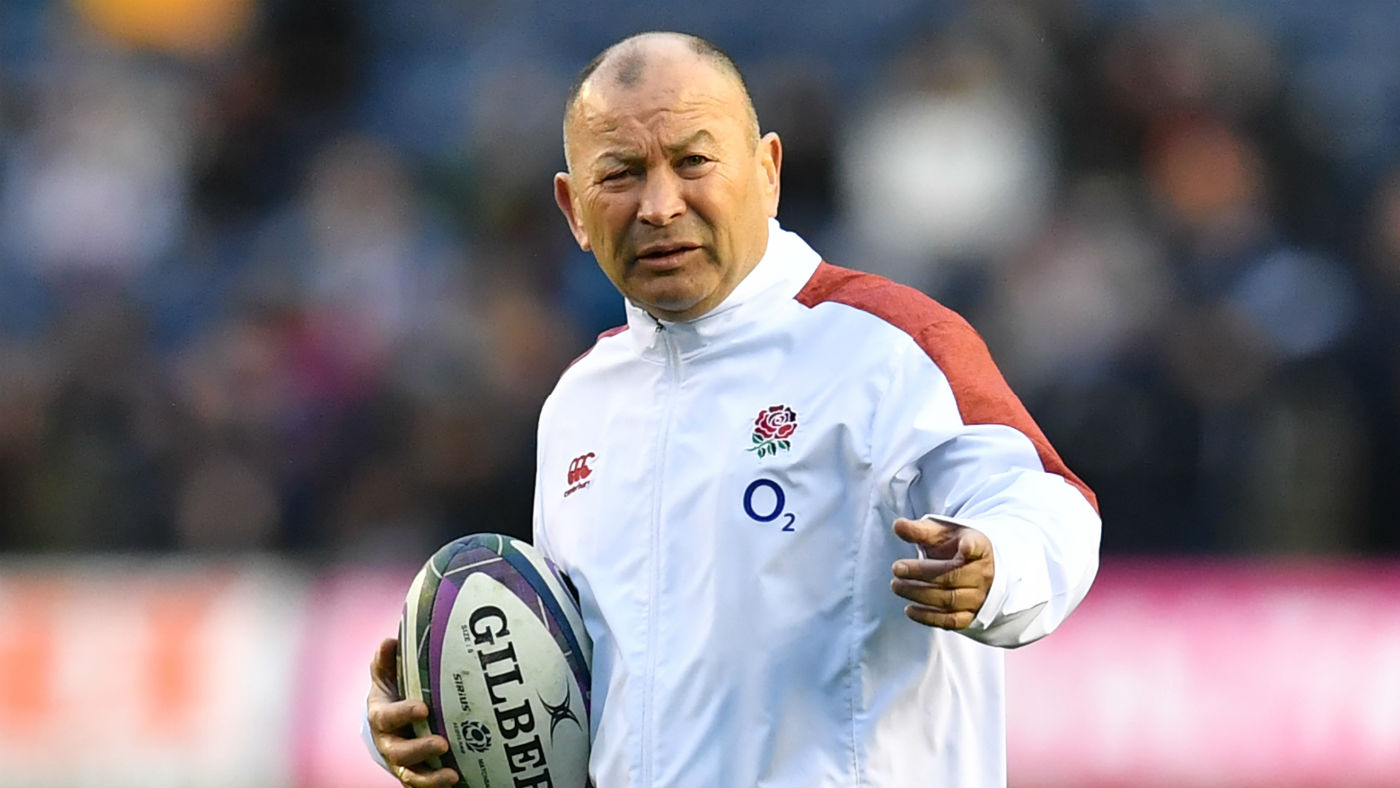 Sport shorts: Eddie Jones to lead England at 2023 Rugby World Cup and Barcelona want Neymar-Griezmann deal
Sport shorts: Eddie Jones to lead England at 2023 Rugby World Cup and Barcelona want Neymar-Griezmann dealSpeed Read Ten things from the world of sport on Thursday 2 April
-
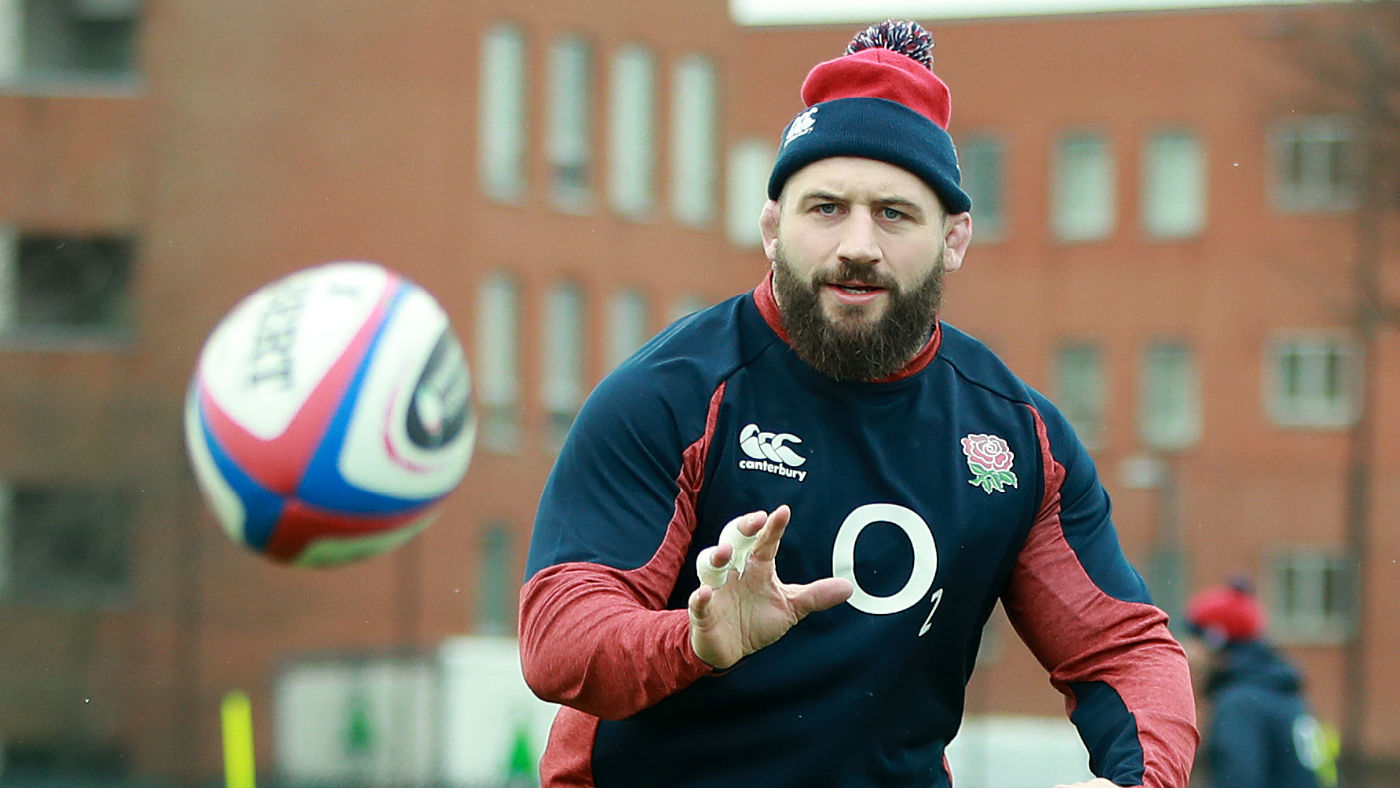 Sport shorts: Joe Marler gets ten-week ban for testicle grab and Wales vs. Scotland is off
Sport shorts: Joe Marler gets ten-week ban for testicle grab and Wales vs. Scotland is offDaily Briefing Ten things from the world of sport on Friday 13 March
-
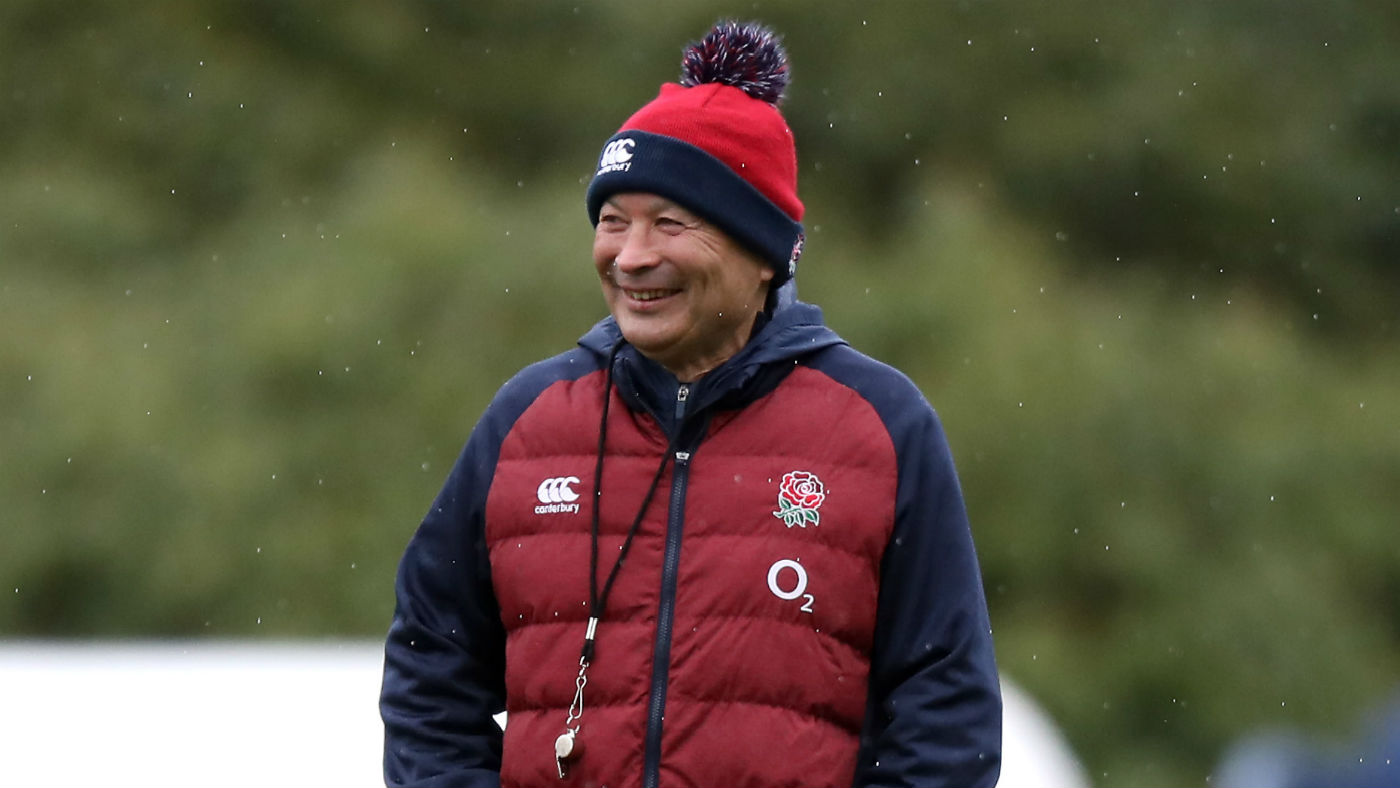 ‘We owe them one’: Eddie Jones and England are out for revenge against Wales
‘We owe them one’: Eddie Jones and England are out for revenge against WalesThe Week Recommends Defending champions Wales expect a tough challenge at Twickenham
-
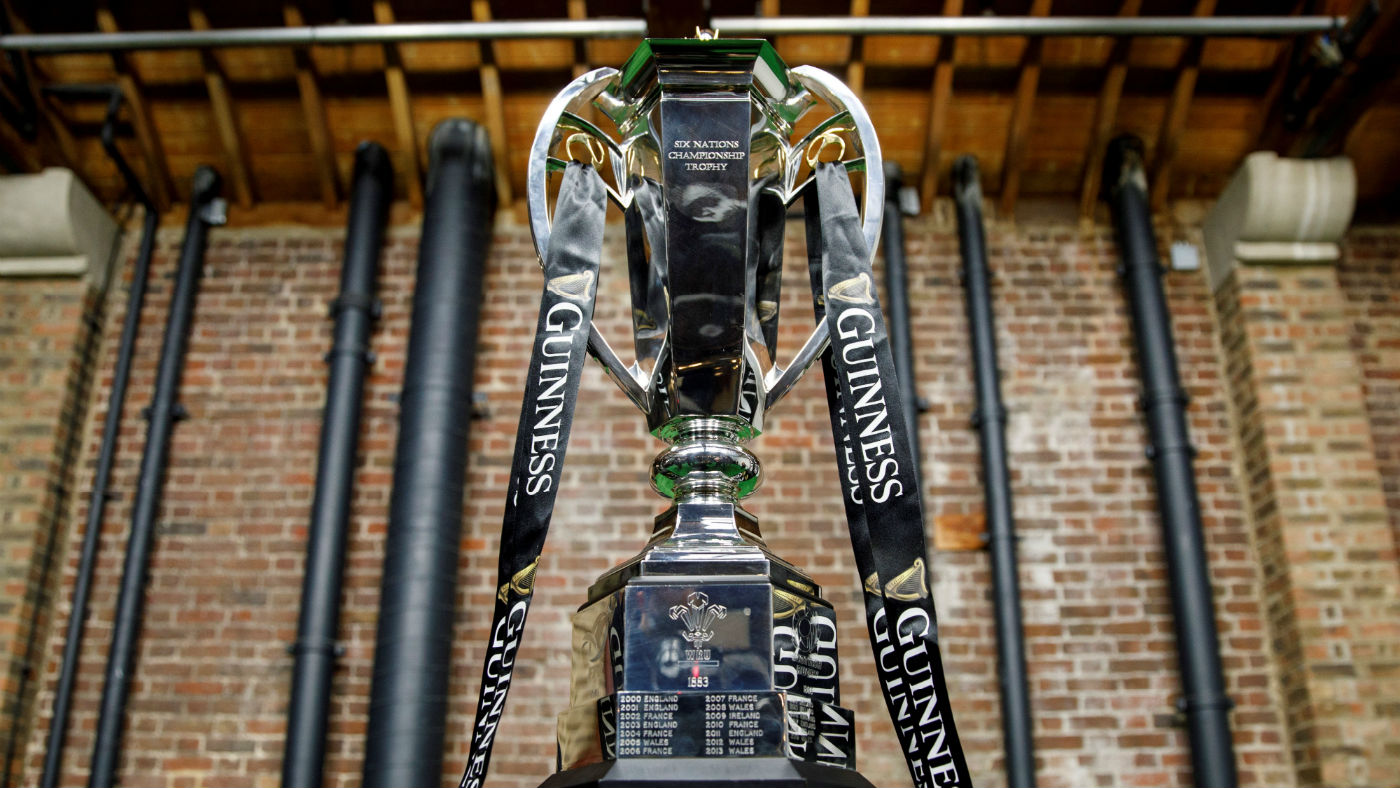 Coronavirus: England’s Six Nations finale in Italy is postponed
Coronavirus: England’s Six Nations finale in Italy is postponedSpeed Read Six Nations organisers intend to reschedule the match at a later date
-
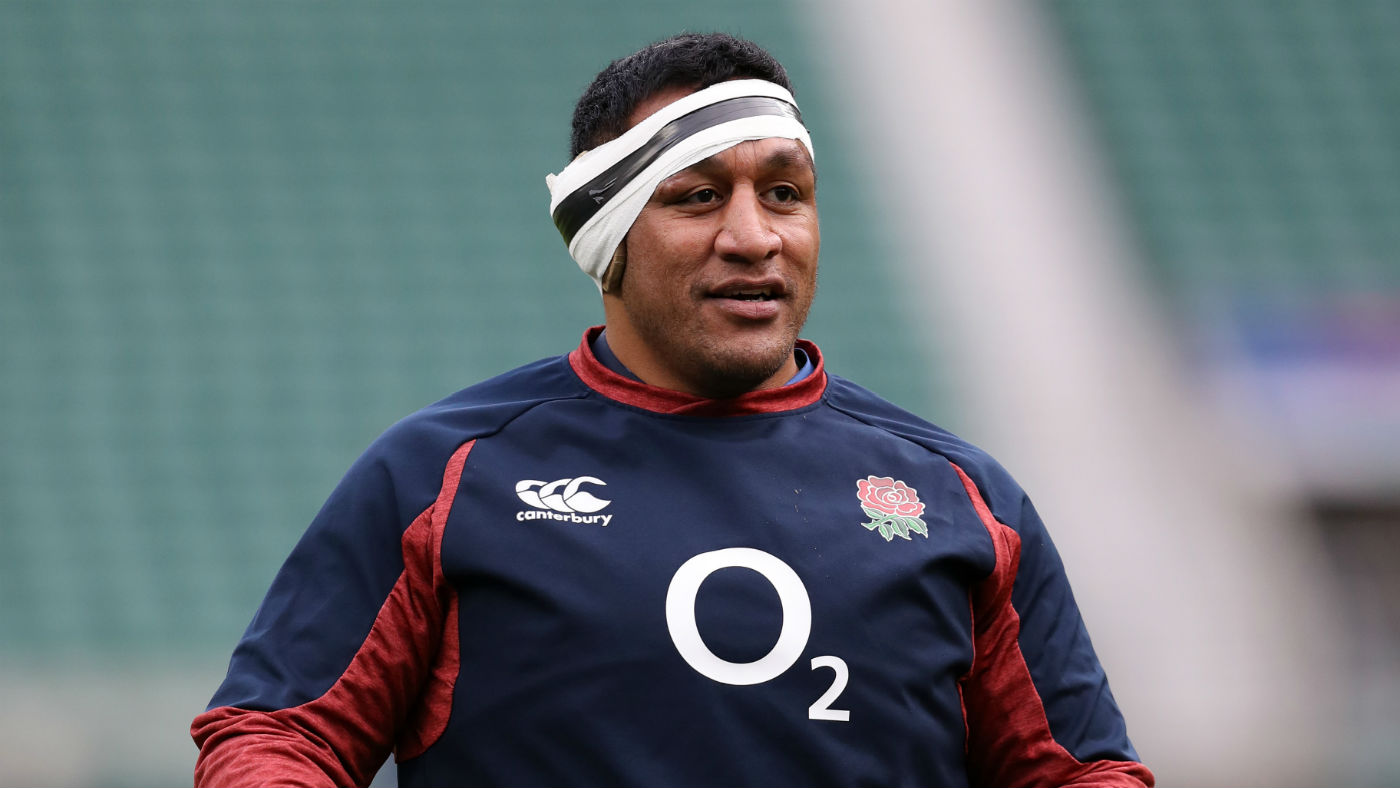 Today’s back pages: Mako Vunipola virus shock for England rugby and a howler by ‘Adriaaaan’ gifts Chelsea FA Cup win
Today’s back pages: Mako Vunipola virus shock for England rugby and a howler by ‘Adriaaaan’ gifts Chelsea FA Cup winDaily Briefing A round-up of the sport headlines from UK newspapers on 4 March